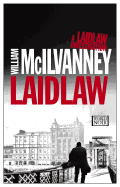Maxim Leo, a journalist and author born and raised in East Berlin, was consumed by one question while working on his award-winning memoir, Red Love: The Story of an East German Family.
"It was a question I asked myself: How was it possible that all this energy, all this enthusiasm, all these convictions disappeared so quickly," Leo recalled. Red Love was published in Germany in 2009 and won the European Book Prize in 2011. Last month, Pushkin Press released the book in the U.S. In the memoir, translated from the German by Shaun Whiteside, Leo chronicles the lives of his grandparents and parents, as well as his own upbringing in East Berlin.
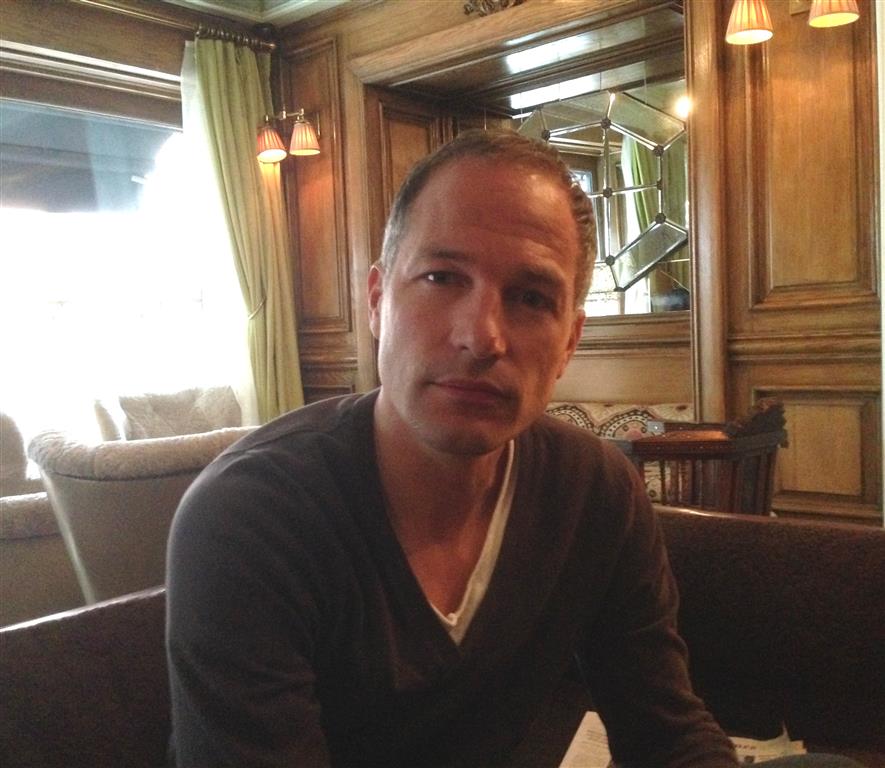 "My grandparents' generation founded the East German state with such an energy, and this energy disappeared" over the span of just three generations, so much so that Leo's generation was glad to see the German Democratic Republic disappear. "There were many books and films and movies and plays in the theater about East German life," he said, but they didn't depict East Germany as he experienced it and didn't answer his questions. "Now East Germany is gone, and there's so much exaggeration about how it was."
"My grandparents' generation founded the East German state with such an energy, and this energy disappeared" over the span of just three generations, so much so that Leo's generation was glad to see the German Democratic Republic disappear. "There were many books and films and movies and plays in the theater about East German life," he said, but they didn't depict East Germany as he experienced it and didn't answer his questions. "Now East Germany is gone, and there's so much exaggeration about how it was."
So Leo turned to his own life, and to the lives of his parents and grandparents, to better understand what happened. His maternal grandfather, Gerhard, was the son of a Jewish lawyer and fought for the French Resistance during World War II. A war hero and former exile, he was a true believer in the GDR and the socialist cause. Leo's paternal grandfather spent most of World War II working in a munitions factory; after the war he became a teacher in East Berlin. Leo's mother, Anne, was a journalist who gradually became disillusioned with both socialism and her own profession, while Wolf, Leo's father, was an artist who spoke bitterly about the state.
In the opening pages of Red Love, he writes: "Our family was like the miniature GDR. It was here that the struggles took place, the ones that couldn't be fought out anywhere else. Here ideology collided with life."
Leo was 19 years old when the Berlin Wall came down in 1989. In October of 1990, he began studying political science at the Free University in what has been West Berlin. For him and other young people his age, the timing "couldn't be better." Almost immediately they were able to travel and discover the wider world. But for his parents, who were "too young to retire, but too old to really integrate," and even his younger brother, things were much more difficult.
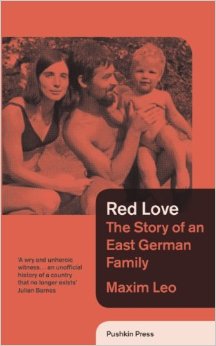 "He stayed at home with my parents during this time," Leo said of his brother, who is five years younger than him. "His generation, they were afraid to see their parents so afraid, to see them lose control. They absorbed this kind of feeling. It was much more complicated for him to get a positive, good attitude. For me, because I lived already in my own apartment, because I lived my own life, there was no hesitation."
"He stayed at home with my parents during this time," Leo said of his brother, who is five years younger than him. "His generation, they were afraid to see their parents so afraid, to see them lose control. They absorbed this kind of feeling. It was much more complicated for him to get a positive, good attitude. For me, because I lived already in my own apartment, because I lived my own life, there was no hesitation."
Since 1997, Leo has been an editor at the Berliner Zeitung newspaper. And since Red Love's publication in 2009, he's written three other nonfiction books, with a first novel due out next autumn. The first of those three nonfiction books is a collection of correspondences with a friend about what it means to be a man in middle age, while the other two are collections of weekly editorials by Leo and another Berliner Zeitung editor. The novel is a crime novel, about a detective who returns to his childhood home in Brandenburg (the state surrounding Berlin and formerly part of the GDR) to solve a murder after spending 20 years in the West, in Stuttgart.
"You always have this kind of thinking in my books," said Leo, referring to the questions of identity and what remains of the GDR. "It's a very important matter for me."
Today, Leo lives in the Prenzlauer Berg neighborhood of Berlin with his wife and two daughters, in an apartment just a few buildings down from the spot where he was born. Though the buildings and streets look much the same, the neighborhood has undeniably changed and the Wall itself seems to have disappeared from the minds of most Germans.
"When I speak to my children about East German matters, about the Wall," mused Leo, "they see me and think of the grandfather talking about the First World War." --Alex Mutter
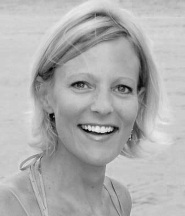 "This is what a local bookstore is, and each local business in the community has its own version of this story. We cherish our customers not because they shop with us, but because they are us. Perhaps you learned to read in our children’s section, and maybe someday we'll be selling your novel among the bestsellers. Or we met you when you were a baby, hired you in high school and we hope to be here for your children one day.
"This is what a local bookstore is, and each local business in the community has its own version of this story. We cherish our customers not because they shop with us, but because they are us. Perhaps you learned to read in our children’s section, and maybe someday we'll be selling your novel among the bestsellers. Or we met you when you were a baby, hired you in high school and we hope to be here for your children one day.


SHELFAWARENESS.1222.S1.BESTADSWEBINAR.gif)


SHELFAWARENESS.1222.T1.BESTADSWEBINAR.gif)
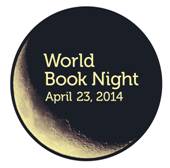
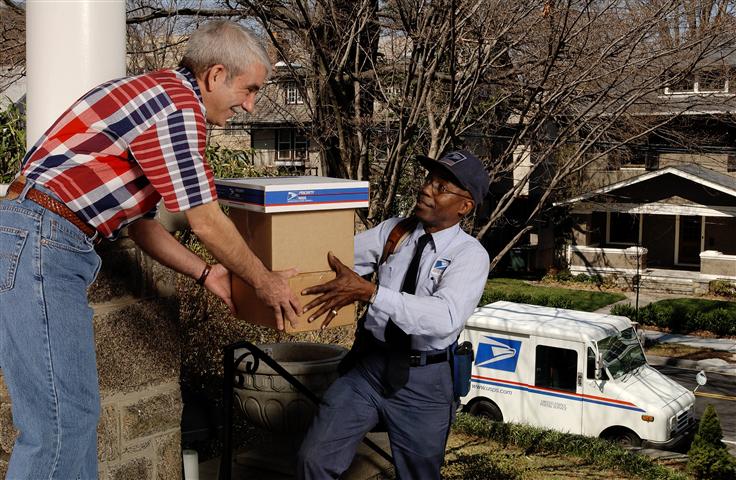 Amazon has added 15 more cities to its Sunday delivery program for Prime members through the U.S. Postal Service. Joining the Los Angeles and New York metro areas, where Sunday deliveries began
Amazon has added 15 more cities to its Sunday delivery program for Prime members through the U.S. Postal Service. Joining the Los Angeles and New York metro areas, where Sunday deliveries began 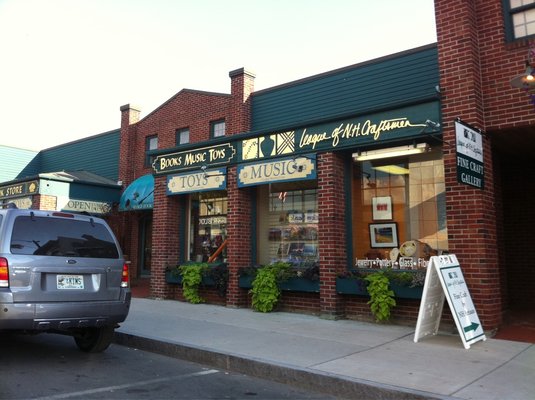
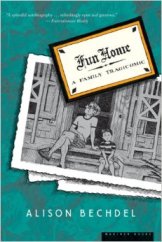 Some legislators had objected to books containing lesbian, gay, bisexual and transgender themes--the College of Charleston had assigned Alison Bechdel's Fun Home and the University of South Carolina Upstate selected Out Loud: The Best of Rainbow Radio.
Some legislators had objected to books containing lesbian, gay, bisexual and transgender themes--the College of Charleston had assigned Alison Bechdel's Fun Home and the University of South Carolina Upstate selected Out Loud: The Best of Rainbow Radio.
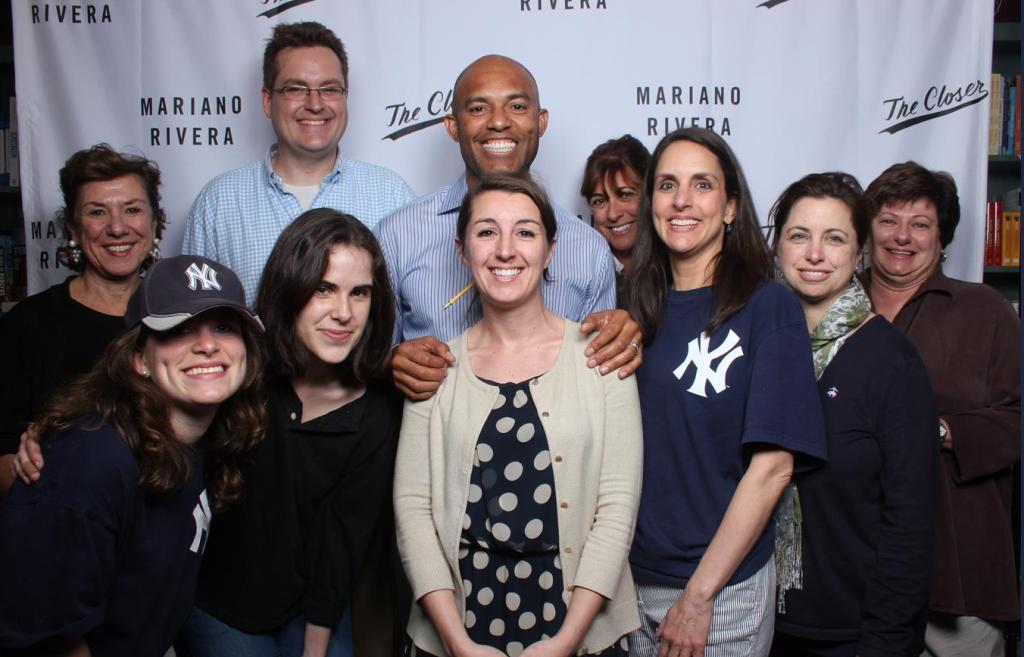
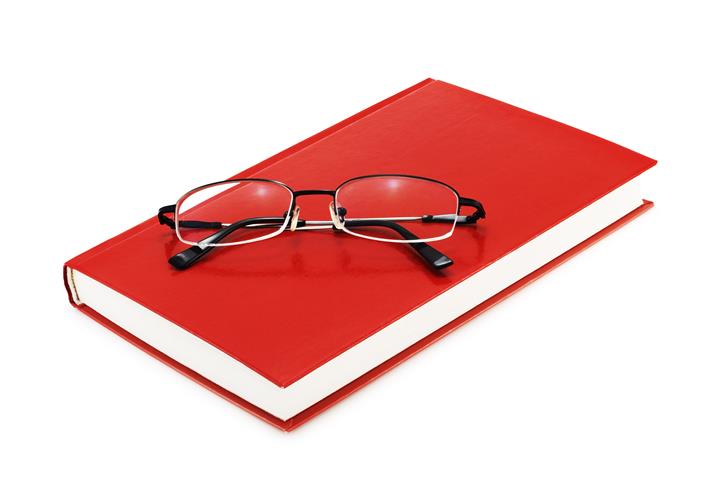 The
The  The Kraken Project
The Kraken Project "My grandparents' generation founded the East German state with such an energy, and this energy disappeared" over the span of just three generations, so much so that Leo's generation was glad to see the German Democratic Republic disappear. "There were many books and films and movies and plays in the theater about East German life," he said, but they didn't depict East Germany as he experienced it and didn't answer his questions. "Now East Germany is gone, and there's so much exaggeration about how it was."
"My grandparents' generation founded the East German state with such an energy, and this energy disappeared" over the span of just three generations, so much so that Leo's generation was glad to see the German Democratic Republic disappear. "There were many books and films and movies and plays in the theater about East German life," he said, but they didn't depict East Germany as he experienced it and didn't answer his questions. "Now East Germany is gone, and there's so much exaggeration about how it was." "He stayed at home with my parents during this time," Leo said of his brother, who is five years younger than him. "His generation, they were afraid to see their parents so afraid, to see them lose control. They absorbed this kind of feeling. It was much more complicated for him to get a positive, good attitude. For me, because I lived already in my own apartment, because I lived my own life, there was no hesitation."
"He stayed at home with my parents during this time," Leo said of his brother, who is five years younger than him. "His generation, they were afraid to see their parents so afraid, to see them lose control. They absorbed this kind of feeling. It was much more complicated for him to get a positive, good attitude. For me, because I lived already in my own apartment, because I lived my own life, there was no hesitation."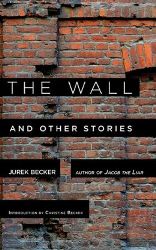 One of the giants of postwar German literature, Becker was born in 1937 in Lodz, Poland. He was interned the Lodz ghetto with his parents from 1940 to 1944 and was subsequently a prisoner in the Ravensbrück and Sachsenhausen concentration camps. After the war, Becker's father took him to East Berlin, where they were among the few surviving Jews who chose to stay in Germany. He became a screenwriter and novelist. A dissident in East Germany, in 1977 he emigrated to West Berlin. He died in 1997.
One of the giants of postwar German literature, Becker was born in 1937 in Lodz, Poland. He was interned the Lodz ghetto with his parents from 1940 to 1944 and was subsequently a prisoner in the Ravensbrück and Sachsenhausen concentration camps. After the war, Becker's father took him to East Berlin, where they were among the few surviving Jews who chose to stay in Germany. He became a screenwriter and novelist. A dissident in East Germany, in 1977 he emigrated to West Berlin. He died in 1997.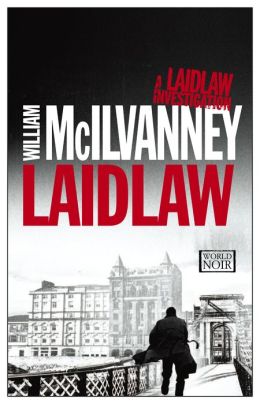 Originally published in 1977, William McIlvanney's Laidlaw, the first book in a trilogy, set a standard for noir mystery. In this reissue, McIlvanney's gruff, broad strokes read as freshly as ever.
Originally published in 1977, William McIlvanney's Laidlaw, the first book in a trilogy, set a standard for noir mystery. In this reissue, McIlvanney's gruff, broad strokes read as freshly as ever.